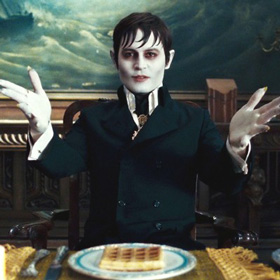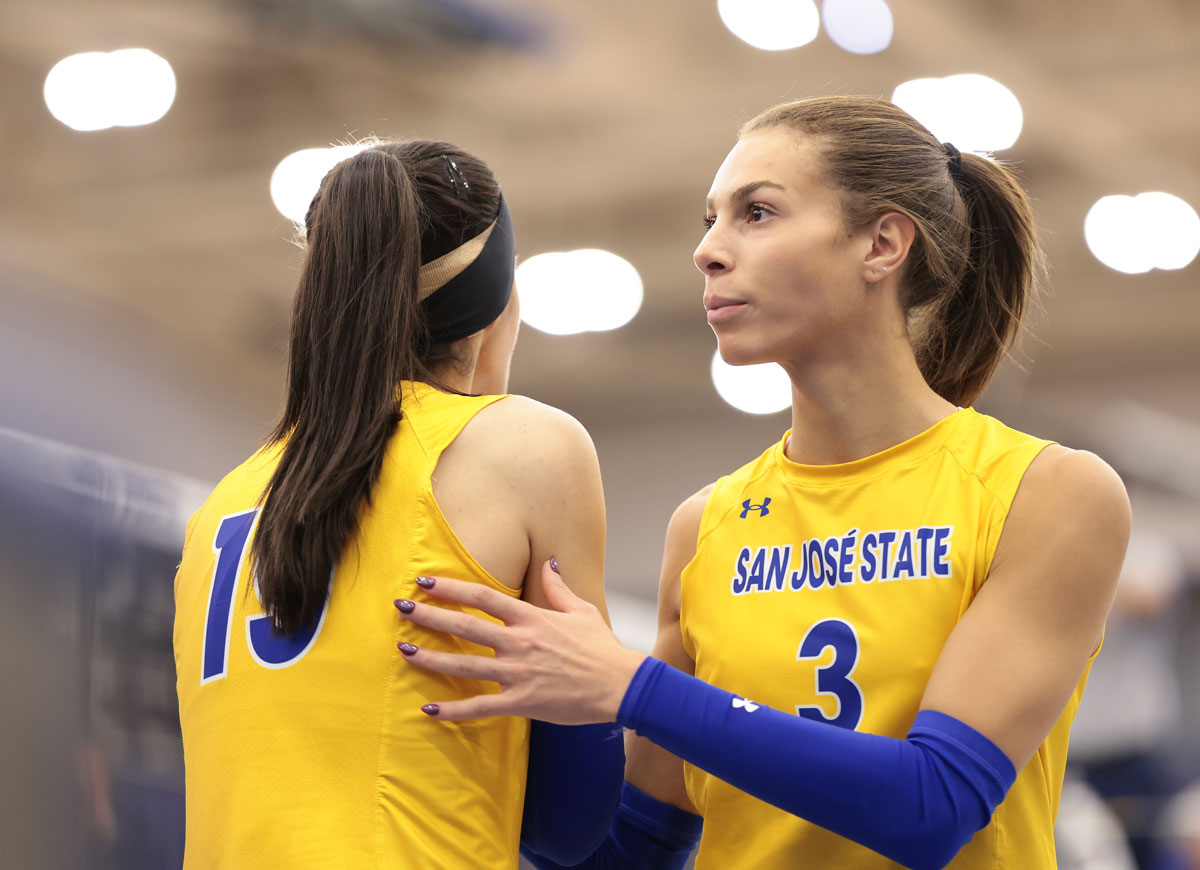Dark Shadows

3/5
Now regarded as a seminal, albeit cult, landmark for small screen gothic fiction, Dark Shadows started out as just another daytime soap opera about squabbling familial goings on in a sleepy New England coastal town. Then one day, out of nowhere really, the series introduced the character of Barnabus Collins, a vampire cursed to live for eternity as a tormented, lonely soul, suddenly finding himself out of time in `70’s America. It was an audacious move that could have derailed the entire show, but audiences just kind of went with it and, over time, more and more supernatural elements were introduced to the point where they became staple.
Something very similar on the part of the viewer is required for this big screen translation from lifelong fan, director Tim Burton, here once more collaborating with Johnny Depp in the role of Barnabus, who himself has professed this part to be the culmination of a childhood fantasy. Flitting back-and-forth like a toddler in the midst of sugar frenzy from kitsch, to romance, to slapstick, to moments of quite dark and brutal violence, Burton’s vision is tonally all over the place. It’s also not entirely clear that the movie is even about anything. Yet if you are prepared to simply give yourself to it, no questions asked, eventually a kind of rhythm to the inconsistency emerges.
The trailers rather implied that Burton’s Dark Shadows was a bit of a knockabout comedy – it isn’t. If anything it’s a tortured romance between Depp’s Barnabus and Eva Green’s tempestuous witch, Angelique, driven mad with vengeance after Barnabus spurned her for another woman some 200-years previously. Awakened in the modern day Barnabus must rediscover his humanity in the midst of trying to reconnect with his dysfunctional family; Michelle Pfieffer’s fierce matriarch, her bad-egg brother (Johnny Lee Miller), Helena Bonham Carter’s drunk, live-in psychiatrist, Jackie Earle Hayley’s drunk, live-in housekeeper, and Chloe Grace Moretz and Gulliver McGrath, the troubled children.
It’s perhaps a combined case of just a bit too much source material to draw from (the series ran for more than 1200 episodes) and both Burton and Depp’s unwavering, demonstrable reverence for it, that the entire endeavor lacks any and all focus, narrative discipline, or any sense of underlying cohesion. One minute Barnabus is a fish-out-of-water played for culture-clash comedy (tearing off the back of a television set and demanding of Karen Carpenter: “Reveal yourself, tiny songstress!”) and the next he is slaughtering a camper van full of hippies for their blood. One minute the movie is about the Collins’ family and the resurgence of their once-thriving fishing business as the beating heart of the community, but a brief montage takes care of all that and we’re back to the Angelique-Barnabus love/hate story once more.
Depp is well cast in the role, and, while he is not quite giving the performance of an undirected man as he clearly was in the Pirates of the Caribbean sequels, it is obvious the he has been given carte blanche to essentially do whatever he likes, which chiefly involves a lot of pensive soul-searching and inquisitive squinting. Visually the piece is simply stunning and, as we have come to expect from Tim Burton, impeccably designed to within and inch if it’s life, down to the tiniest, most minute detail. It’s a gorgeous, sumptuous, wickedly indulgent world, with each and every frame capable of standing as a portrait in its own right. It’s a just a shame little of actual interest is happening within the frame is all.
RELATED ARTICLES
Get the most-revealing celebrity conversations with the uInterview podcast!





Leave a comment